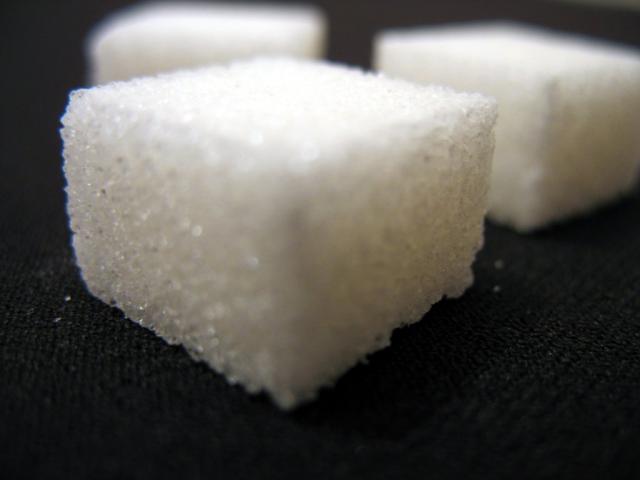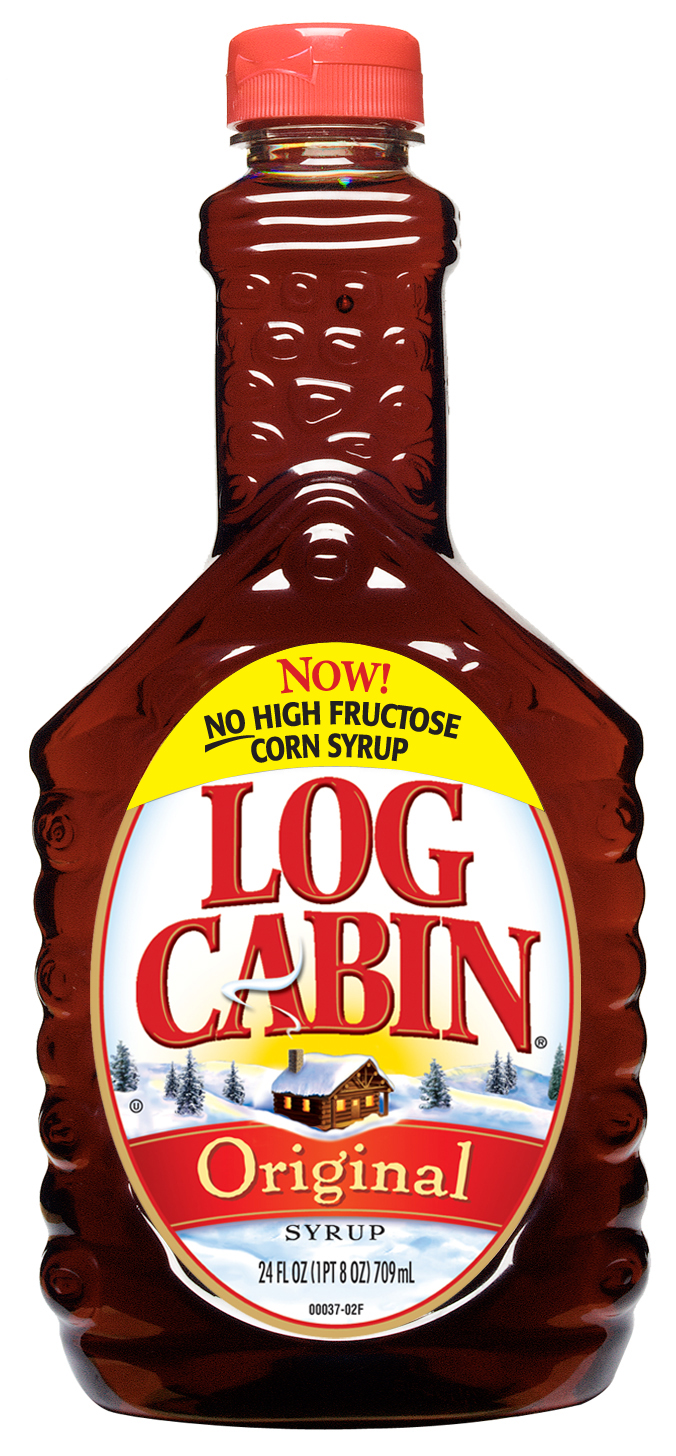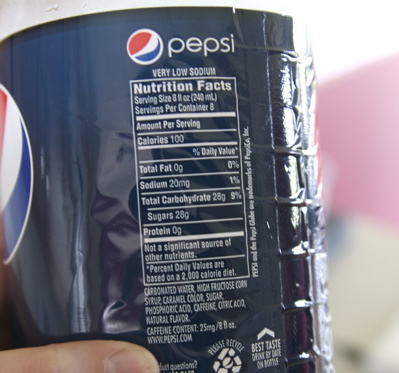the deal with sugar
 To understand the overabundance of hfcs, first things first: why sugar is expensive in the US.
To understand the overabundance of hfcs, first things first: why sugar is expensive in the US.
When we acquired the Louisiana territory, farmers decided to start growing sugar cane, which was actually not a very good thing to be growing in the not-tropical continental US. So, the government made sure tariffs were imposed on imported sugar so as to not lower the value of slaves working on sugar plantation. And god forbid slave values got lower.
Thus starts the big sugar debacle.
In the 1930s, sugar quotas were imposed as well as the tariffs and subsidies to sugar growers. This has continued to this day, with justification being that congress is “protecting” the American people from international sugar prices. If only that were true: in the past 45 years, only 1 year has the international sugar price been higher than US prices.
We’re not talking 2-3¢ difference here. While sugar sells for 21¢/lb. here in the US, it’s 3¢/lb. worldwide.
The practice of import quotas was abolished briefly in the 70s, but Reagan (the harbinger of republican free-market, eh?) reimposed them to artificially create a shortage, drive up prices, and support American sugar growers.
Oh, this seemed to be a USDA regulation nightmare when, in 1984, something happened that would change everything: Coke and Pepsi announced they were switching to hfcs.
500,000 tons of sugar demand a year was suddenly gone. So much for the control of supply and demand. In 1985, there was an additional 20% cut in the sugar quotas.
Of course there was a way around this: sugar smuggling. Companies would import items of high sugar content that got around the tariffs/quotas/government micromanaging and would sift out the sugar, then sell it at US prices. It garnered a hefty profit, I would think. This was soon abolished with additional restrictions and regulations.
Not surprisingly, this restriction and subsidization inhibits other American businesses, such as American candy producers. The high price of sugar has cut 9000 jobs since 1981. Brach Candy relocated its Chicago factory to Canada (Canada!) because of sugar prices. 10 sugar refineries have closed. Soybean exports have decreased, especially from MN. The rent on farmland is so spendy in the Red River Valley because of sugar beet growers that soybean farmers (which are relatively unsubsidized) can’t find land to grow soybeans. Other countries have limited their American imports, such as Brazil (a biiig sugar country) limiting the grain it imports. The Dominican Republic is producing grains instead of sugar to compete with American farmers.
Meanwhile, there are 13,000 sugar growers in the US, 17 of which receive more than half of the benefits of the sugar subsidies. Nice, huh? And to top it off, a lot of them are growing in areas that aren’t suited to growing sugar. Which begs the question: why are we cyclically driving ourselves into the ground on this sugar thing??
The 1996 farm bill almost passed (217-208) with the sugar subsidies cut out. The sugar lobby in this country is a hard thing to pass up, apparently, because the bill that would cut out the subsidies was actually sponsored by 223 house reps. they got lured away by money from the sugar dudes. And why not lure them away if you can, when you are making more government money than any other country to grow an artificially scarce product?
Oh, this is just the beginning of the ridiculosity. Wait until you hear about corn.



